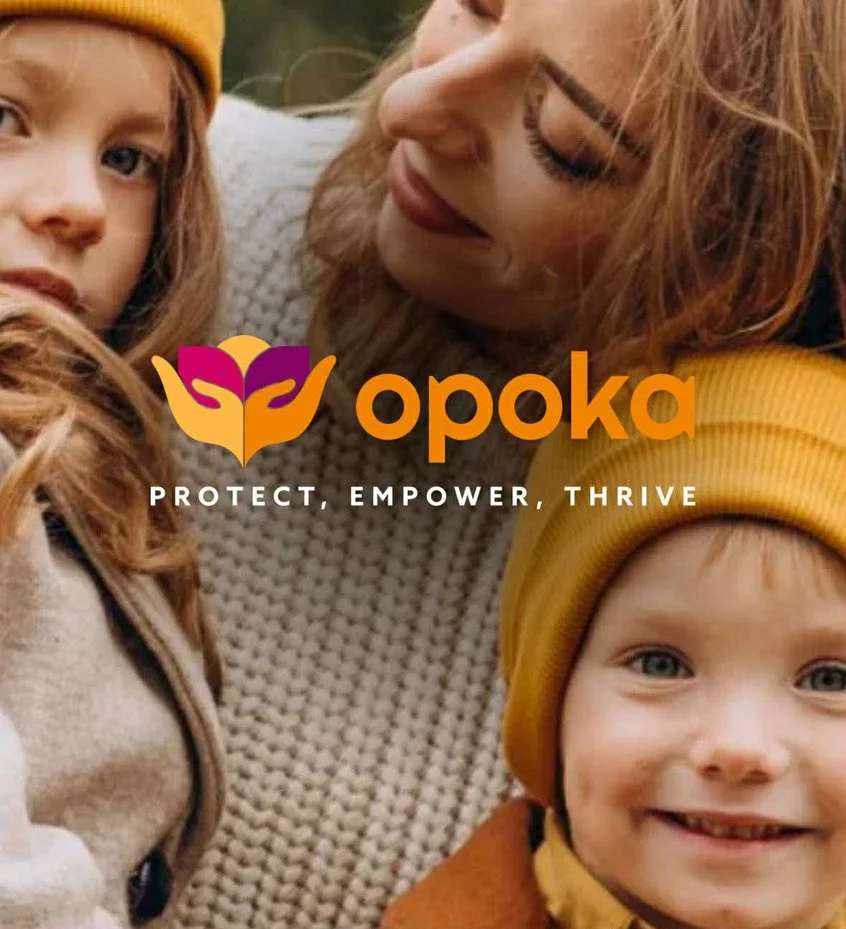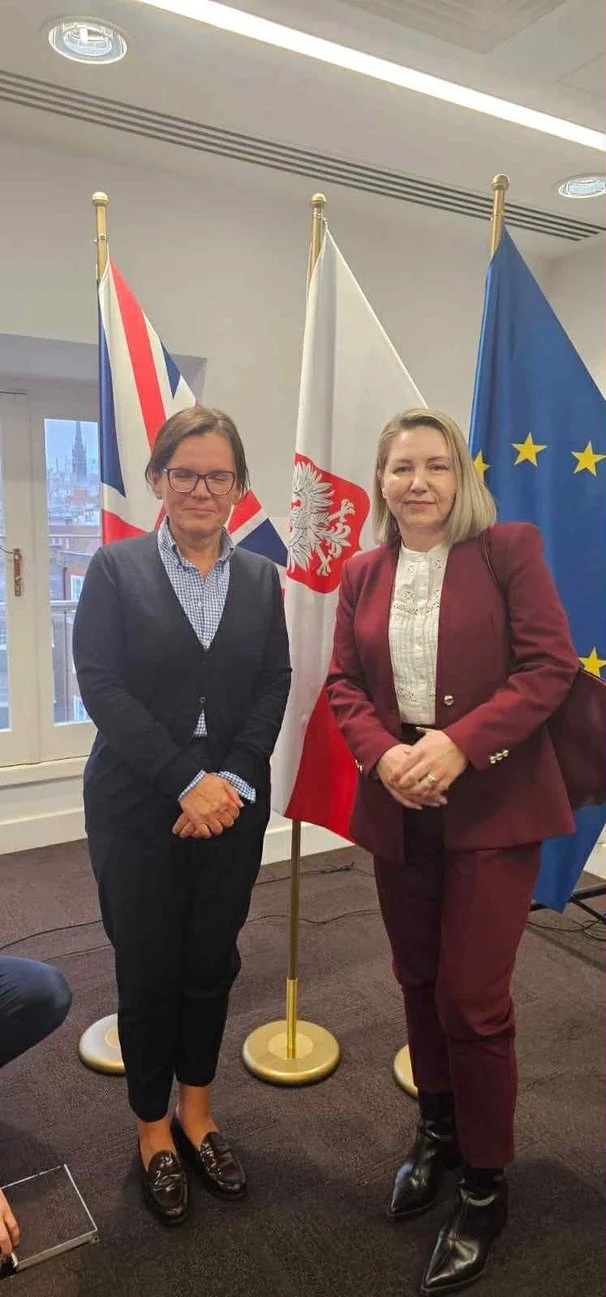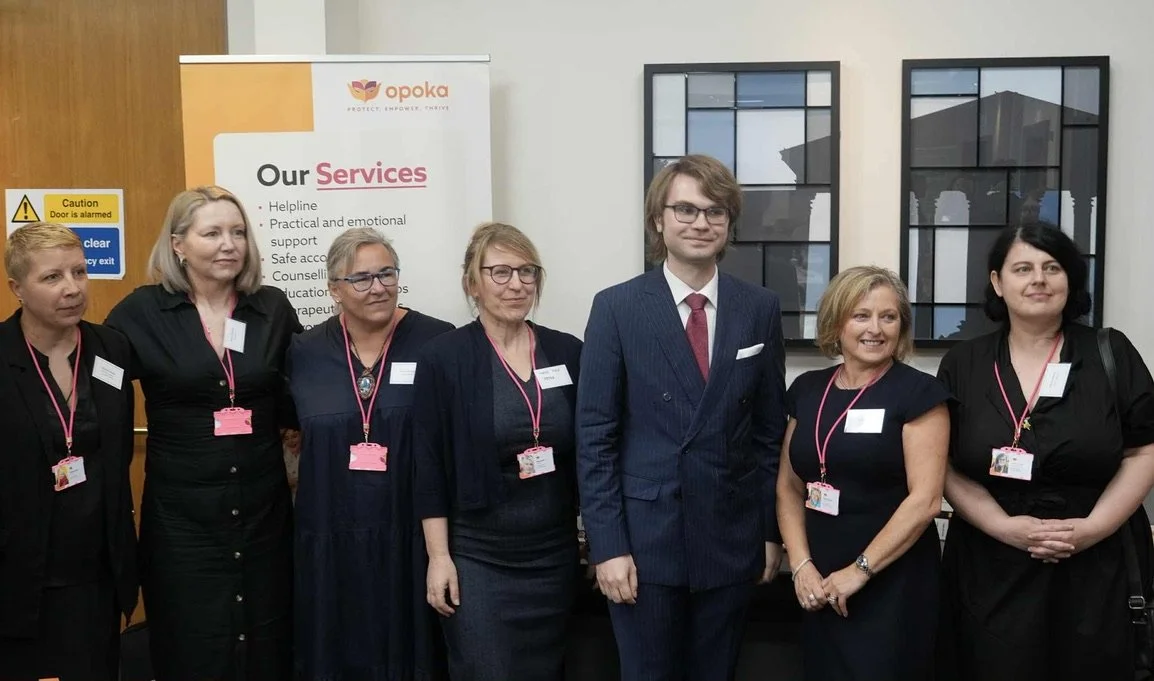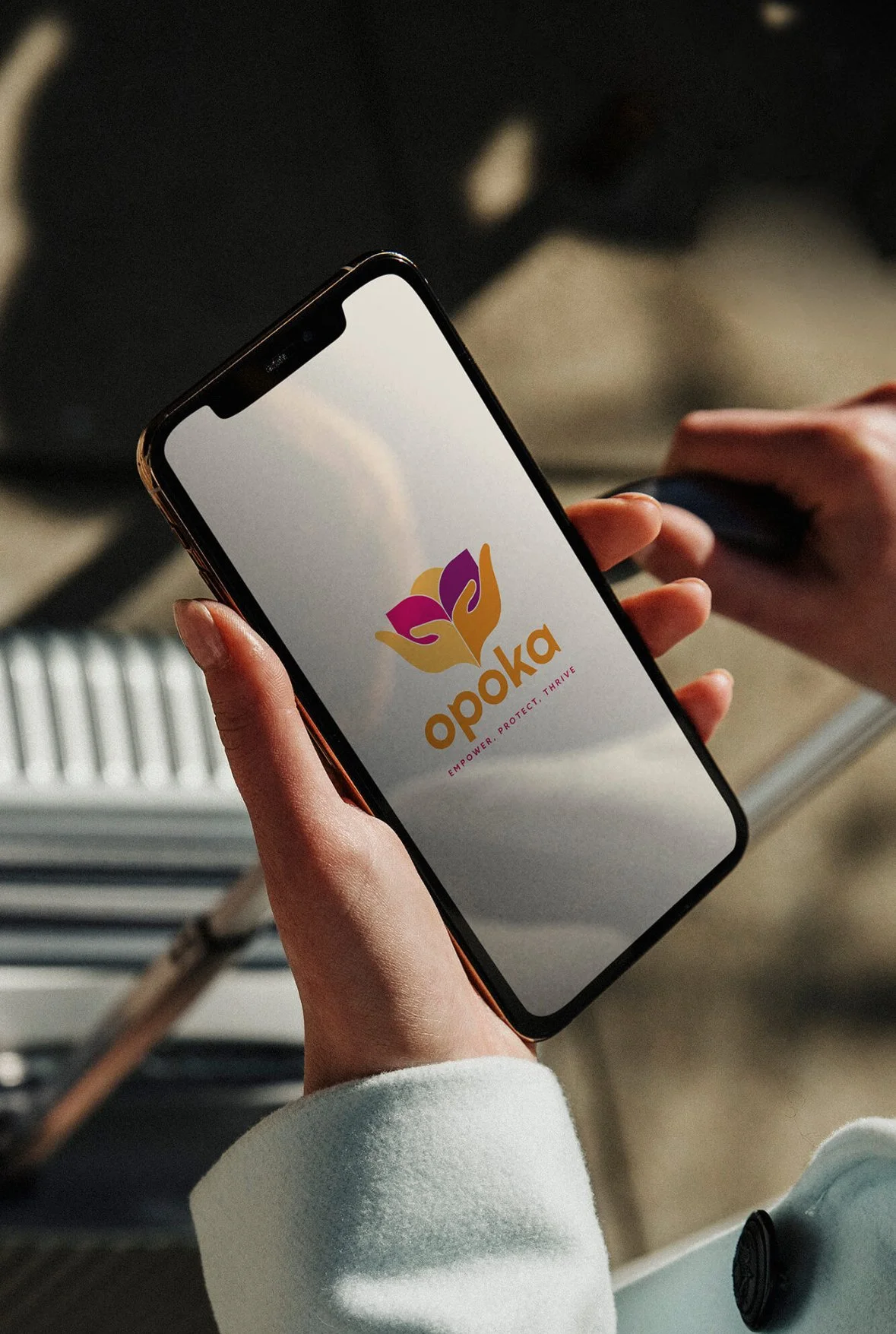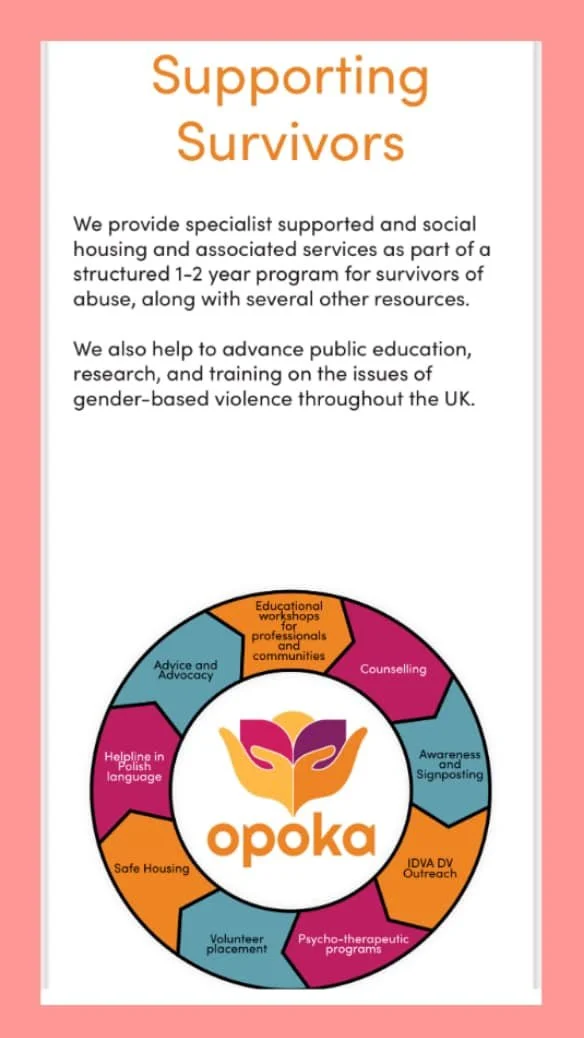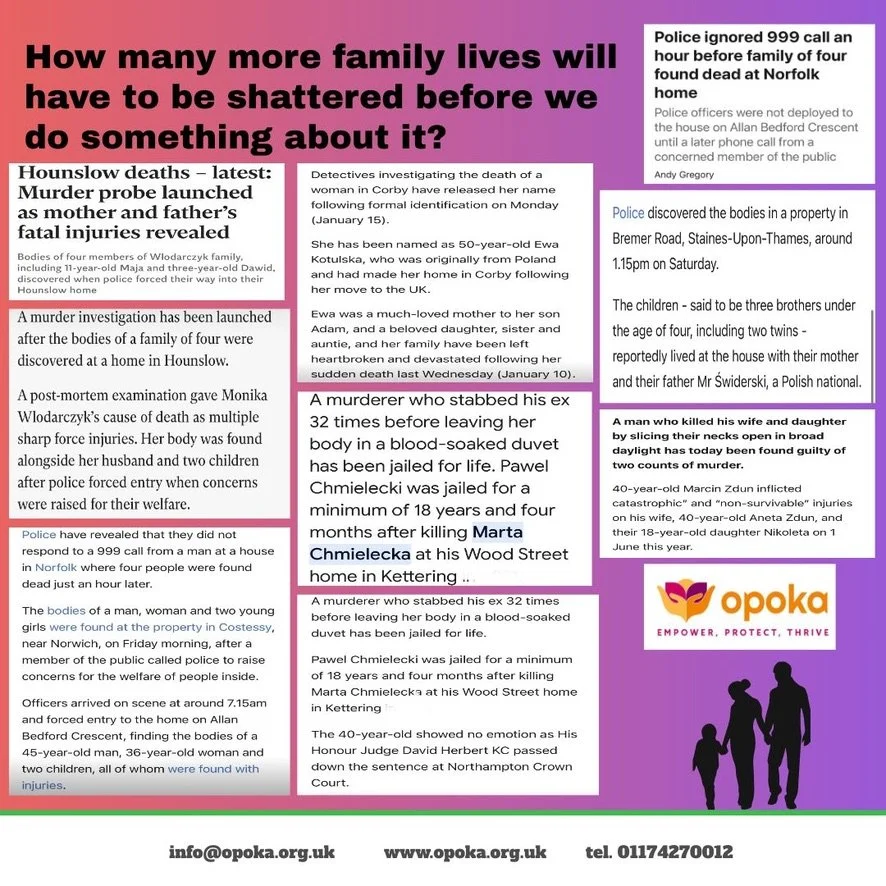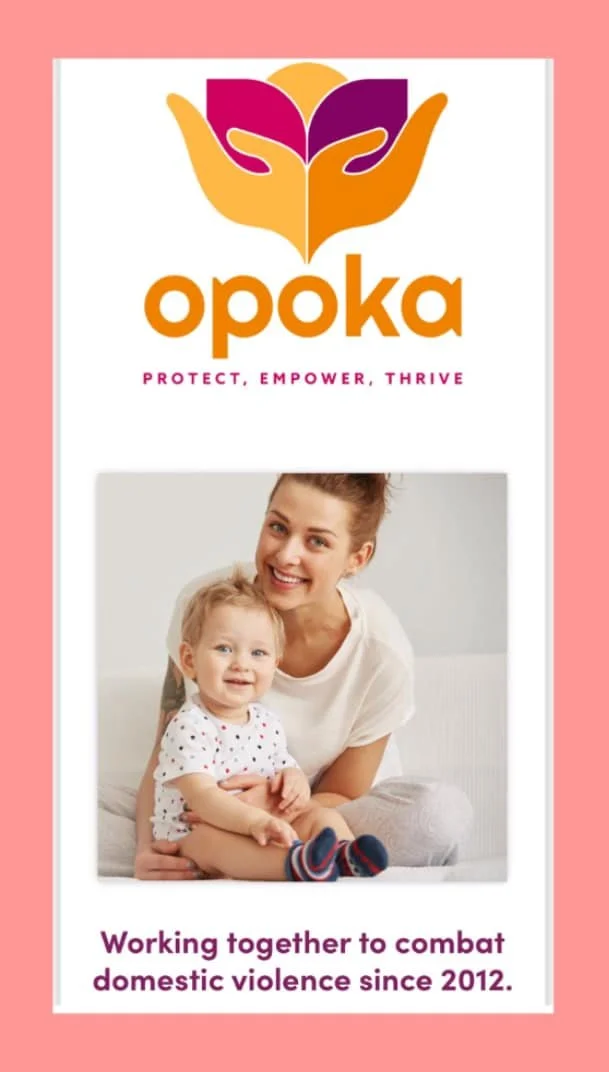
Opoka CIO: A Beacon of Hope for Polish Women and Children in the UK
Opoka CIO
In the heart of the UK’s domestic abuse support landscape, one organisation stands out, not only for its impact, but for its soul. Opoka CIO is more than a service it is a sanctuary, a voice, and a movement. Founded in 2012 by survivor-led visionary Aneta Maryla Mackell, Opoka has grown into the UK’s first bilingual, culturally specific domestic abuse service for Polish women and children. Its journey is one of resilience, innovation, and unwavering commitment to justice and healing.
Mission and Vision: Safety, Empowerment, Belonging
Opoka’s mission is clear: to provide holistic, trauma-informed support to Polish women and children escaping domestic abuse, and to empower them toward recovery, independence, and dignity. Its vision reaches further to create a society where cultural barriers no longer prevent access to justice, and where every survivor is seen, heard, and supported.
This mission is lived daily through:
Bilingual helplines and crisis support
Safe Structured Supported Accommodation across two Safe Houses
Specialist counseling and mental health services
Family-focused recovery programs
Community education and awareness campaigns
Advocacy for systemic change and survivor-led leadership
Opoka’s values, compassion, cultural sensitivity, empowerment, and integrity guide every interaction, from frontline support to boardroom strategy.
Challenges and Needs: Sustaining the Mission Mission
Despite its successes, Opoka faces significant challenges:
Funding: Opoka relies heavily on grants and donations. Sustained funding is needed to expand services, retain staff, and meet rising demand.
Capacity: Safe Houses, although this isn’t a funded service the houses are often full, and more accommodation is urgently needed but lack of financial resources prevents the expansion of this service
Staffing: Recruiting and retaining bilingual, trauma-informed staff is difficult without competitive salaries.
Visibility: Many Polish women still don’t know Opoka exists. Increased outreach and marketing could save lives.
Strategic Growth: As demand grows, Opoka needs investment in infrastructure, digital tools, and leadership development.
These needs are not just operational they are moral imperatives. Every unmet need represents a woman or child left vulnerable.
The Road Ahead: Vision for the Future
Opoka’s vision for the next decade is bold and inspiring:
National Expansion: Establishing services in other UK regions with large Polish populations
Mental Health: Creating a dedicated centre for trauma recovery and therapeutic support
Training: Equipping professionals with cultural competence and survivor-led methodologies
Digital Outreach: Scaling social media campaigns and online support platforms
Policy Influence: Advocating for systemic change in domestic abuse legislation and migrant rights
This vision is grounded in hope—and in the belief that healing is possible, justice is necessary, and community is powerful.
Conclusion: A Rock in the Storm
Opoka CIO is not just a service—it is a movement of love, courage, and transformation. It stands as a rock in the storm for Polish women and children navigating the trauma of domestic abuse. Its history is one of resilience; its mission is one of justice; its future is one of hope.
As Aneta often says:
“We are not just helping survivors—we are building a world where they can thrive.”
Let us stand with Opoka.
Let us be part of that world.








